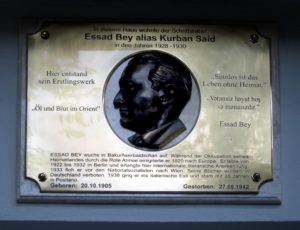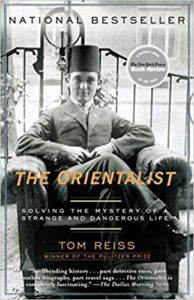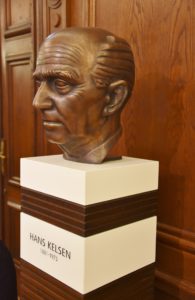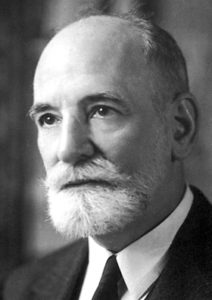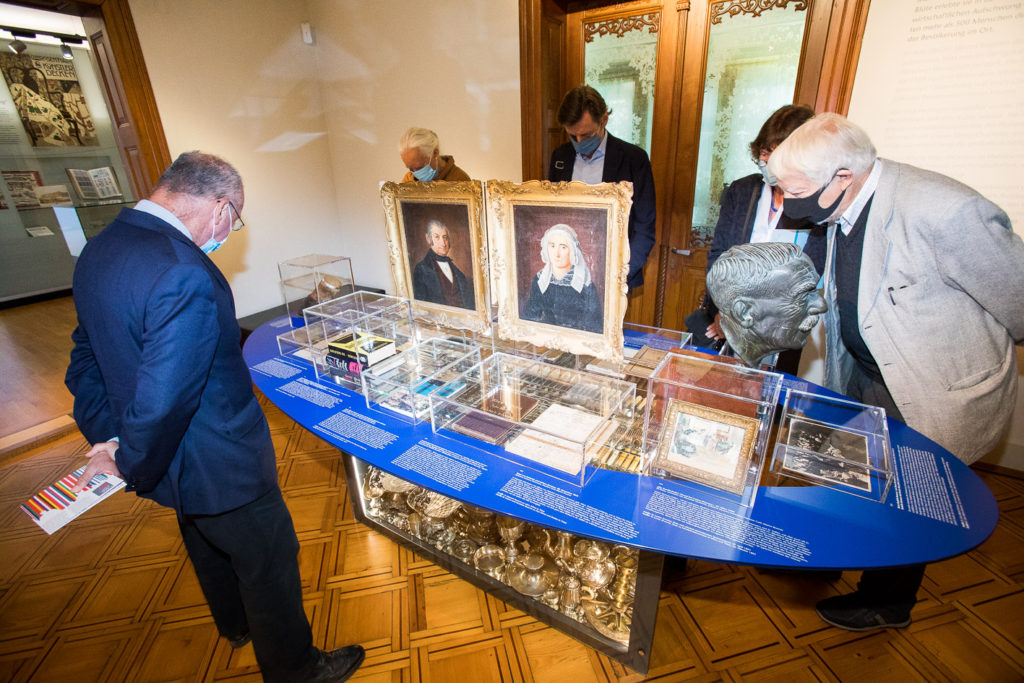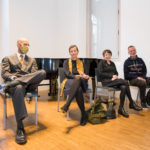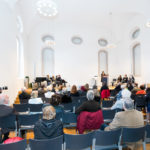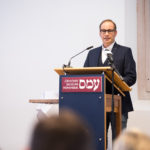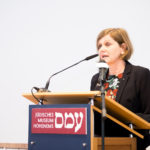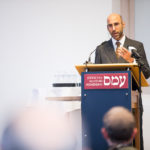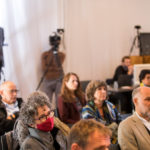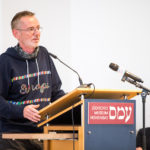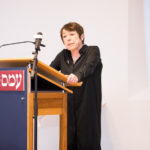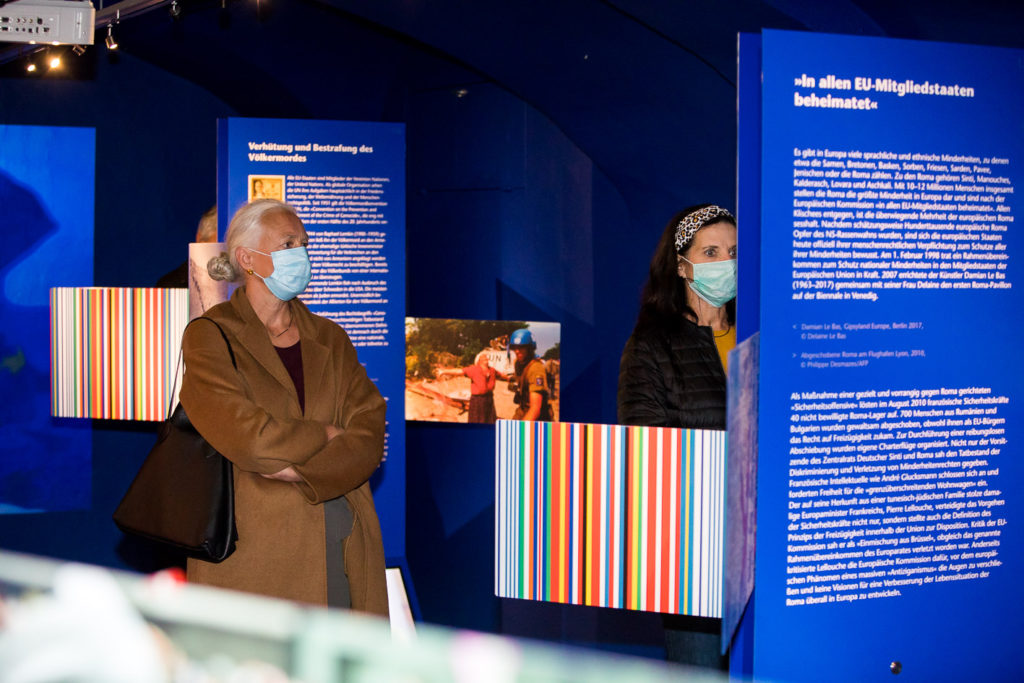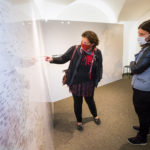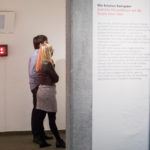European Diary, 4.11.2020: The Austrian Federal Chancellor’s approach to a statesmanlike attitude and “inclusive” level-headedness lasted only briefly. Only two days after the murderous attack by a jihadist in downtown Vienna, Sebastian Kurz has once again begun to serve the anti-EU right-wing populism. And shows himself unimpressed by any knowledge of constitutional principles. How does that work? In this way: Instead of becoming specific about who is currently posing a threat in Austria, the all-purpose weapon of the talk of “political Islam” must first be brought into position again. This phrase, which has been used again and again, has the advantage that, in case of doubt, it can mean anything and everything that can somehow be associated with Islam. Islamic politicians from states inhabited by a majority of Muslims can be labelled with it just as fanatical jihadists who carry out terrorist attacks. Women who wear headscarves because they want to emphasize their Muslim identity, as well as people who want to see some of the ethical principles of Islam (yes, there are such principles, such as donating money to the needy – here it is called Caritas…) implemented in the world of politics, as well as people who use a certain understanding of Islam to justify their male, political, ethnic or social claims to power, and who are prepared to commit all sorts of infamous acts in return. Is there actually no political Christianity? Is there no German CDU (Christian Democrats) and no Austrian Christian-social People’s Party (ÖVP), no human rights-active Caritas and no evangelical, violent Trump followers, ready for action? Just to hint at the broad, contradictory spectrum.
But whoever speaks of “political Islam”, like Sebastian Kurz and so many others, wants to level precisely this differentiation and instead cultivate a general suspicion. That “culture of suspicion” which is partly to blame exactly for encouraging people like the assassin of Vienna in his jihadist frenzy, which shares – and radicalizes – precisely this world view of “we” and “the others”.
But then Sebastian Kurz delighted the public with the surprising insight that the assassination attempt would not have taken place if the perpetrator, who was released after two-thirds of his prison time, was still in custody. Otherwise we would never have thought of this.
However, even the Chancellor could know that this is not only customary in principle, but also makes sense, because it is the only way the judiciary has a handle on imposing conditions on the convicted person, as long as there is no other evidemnce in sight, such as participation in the deradicalization program and regular support through probation services, even for a longer period of time than the actual imprisonment would last. But the Chancellor’s diffuse message was clear: the (green) Minister of Justice and the judicial system, indeed the constitutional procedures in general are somehow to blame for the disaster. The turquoise-blue Chancellor, however, felt that this assignment of blame seemed all the more “necessary” after it became clear that the Ministry of the Interior run by his fellow party member Nehammer and the Federal Department of Domestic Intelligence in particular had a real need for explanation. After it became known that the assassin had tried to obtain ammunition for a Kalashnikov rifle in Slovakia, the Slovakian secret service informed its Austrian colleagues. Only the judiciary and the probation office knew nothing about such things.
In his press conference, which began only an hour late (and with apparently some need for clarification behind the scenes), Karl Nehammer had to admit in a subdued manner that there had apparently been “communication problems”, “mistakes” that called for an independent investigation. Minister of Justice Zadic (of the Greens), on the other hand, politely refrained from now putting up retaliatory measures on her part.
Instead, Sebastian Kurz is now publicly blaming – well, of course, who is surprised – though incredible as it is, the European Union and its “false tolerance”. Against Austrian citizens born in Vienna, like the assassin of Monday? Nobody should ask about the logic of arguments here. The tendency is the usual one. The Kurz’s touch of reason lasted only a short day.

